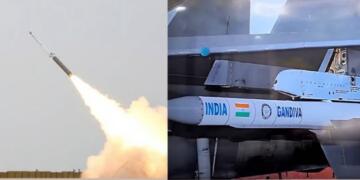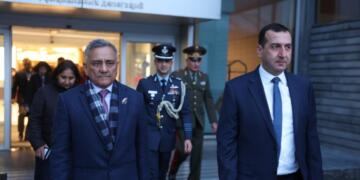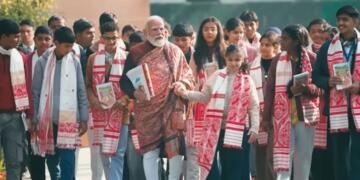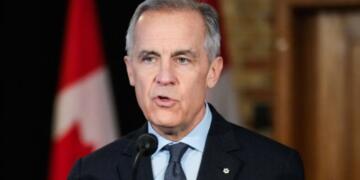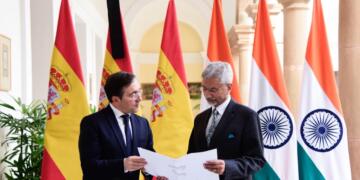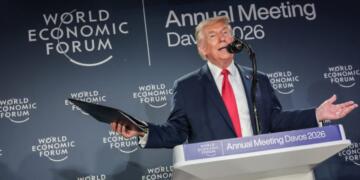It is generally assumed that a budget is a cost and account statement. It is partly that but its significance is much more than simple accounting. The budget making process is itself a tedious task, especially in the aftermath of Covid-19. In India, the biggest concern is that of ensuring a sound fiscal deficit, without causing social and economic hurt.
PMGKAY shunned
Few days ago, the Modi government decided to discontinue the much successful Pradhan Mantri Garib Kalyan Anna Yojana (PMGKAY). Now, 81.35 crore Indians won’t be availing free food under the emergency measure. Instead, the government will now make free food available to them under the statutory National Food Security Act (NFSA). Earlier, beneficiaries of NFSA were getting rice at Rs 3 per kg, wheat at Rs 2 per kg and coarse grain at Rs 1 per kg. During Covid, all these beneficiaries were getting free food over and above these subsidised ones under PMGKAY.
To put it simply, people will keep getting free food, irrespective of the fact whether PMGKAY is in action or NFSA. Even foreign Minister S. Jaishankar took to twitter to announce the same. He wrote, “Food grains to be made available free of cost to more than 800 million beneficiaries till Dec 2023 under National Food Security Act.”
Important decisions in meeting of the Cabinet today:
-Food grains to be made available free of cost to more than 800 million beneficiaries till Dec 2023 under National Food Security Act.
Will ensure India’s food security.— Dr. S. Jaishankar (Modi Ka Parivar) (@DrSJaishankar) December 23, 2022
Checking the viability of scheme
The decision has raised certain questions about its effectiveness. At the end of the day, people are getting free food. It means that there is virtually no change in on-ground reality, but there is a big change in perception of the government as PMGKAY has been shunned for now. In 2023, 10 states will go for elections and it means that the opposition can use it to show BJP as anti-poor. Moreover, on the face, it looks as if it is an old wine in a new bottle as the responsibility of free food has been shifted from one scheme to another.
However, the scheme was untenable in the long run. It had an in-built potential for corruption. PMGKAY provided 5 kg of grain per person over and above 5 kg already available under NFSA. Think about it, 10 kg of grain was being available to every person per month. Only a person undergoing intense physical training would consume such an amount. Government found that a substantial chunk of these grains was sold in black market, especially after economic recovery came in full swing.
Economic reasoning behind discontinuation
Economic recovery is also a big reason why the government has felt emboldened to end it. India’s nominal GDP is expected to grow by 14.1 per cent, more than 11.1 per cent estimated in budget. They are reflected in the government’s tax collections as well. Direct tax collections until October were up by 24 per cent in Y-o-Y terms. Indirect tax collections are also on a similar trajectory.
All these numbers should have meant that the government could work towards bringing down the fiscal deficit. Fiscal deficit is total spending minus total income. It is essential for foreign investments. In pre-pandemic period, the government had brought it down to 3.4 per cent of GDP in FY20. But, Covid changed it. The deficit for FY21 skyrocketed to 9.3 per cent. Next year, it improved to 6.7 per cent, but mainly on account of higher tax collection.
Fiscal astuteness is ultimate goal
The target is to bring it down to make our macroeconomic fundamentals sounder. However, PMGKAY took a heavy toll on the centre’s expenditure. During the first six phases of the scheme in place, it cost Rs 3.45 lakh crore to the government’s exchequer. It had become fiscally difficult to implement after the fifth phase. But the government kept pushing it and continued it for 2 more phases. The total cost has now increased to nearly 4 lakh crores. It costs around 40-44 thousand crore to the government for extending it on a 3-months basis. The cost is fiscally sustainable, but not after the Ukraine-Russia crisis.
The fertiliser shortage in the international market has increased our fertiliser subsidy bill by more than 100 per cent. Along with 1.09 lakh crore for fertilisers, Finance Minister Sitharaman also presented a further demand of Rs 80,345 crore of supplementary demand on food. Majorly on the account of these two factors, the total subsidy bill has gone up to Rs 532,446.79 crore. It is way over budget estimate and second highest after 7.6 lakh crore of subsidy bill of FY21, the Corona year.
The need to minimise subsidy spending is there. Govt. has been spending Rs 1.6-1.8 lakh annually on PMGKAY. It has come to an abrupt and relieving end. Yes, the government won’t get nearly the Rs 10,000 crore it was getting by selling grains under NFSA, but the net result is still a savings of Rs 1.5 lakh. That is a big number for bridging the fiscal deficit gap.
The fiscal deficit is one of the strongest determinants of macroeconomic fundamentals. Worsening it for the sake of a scheme which has high chance of misuse is not feasible.
Support TFI:
Support us to strengthen the ‘Right’ ideology of cultural nationalism by purchasing the best quality garments from TFI-STORE.COM




